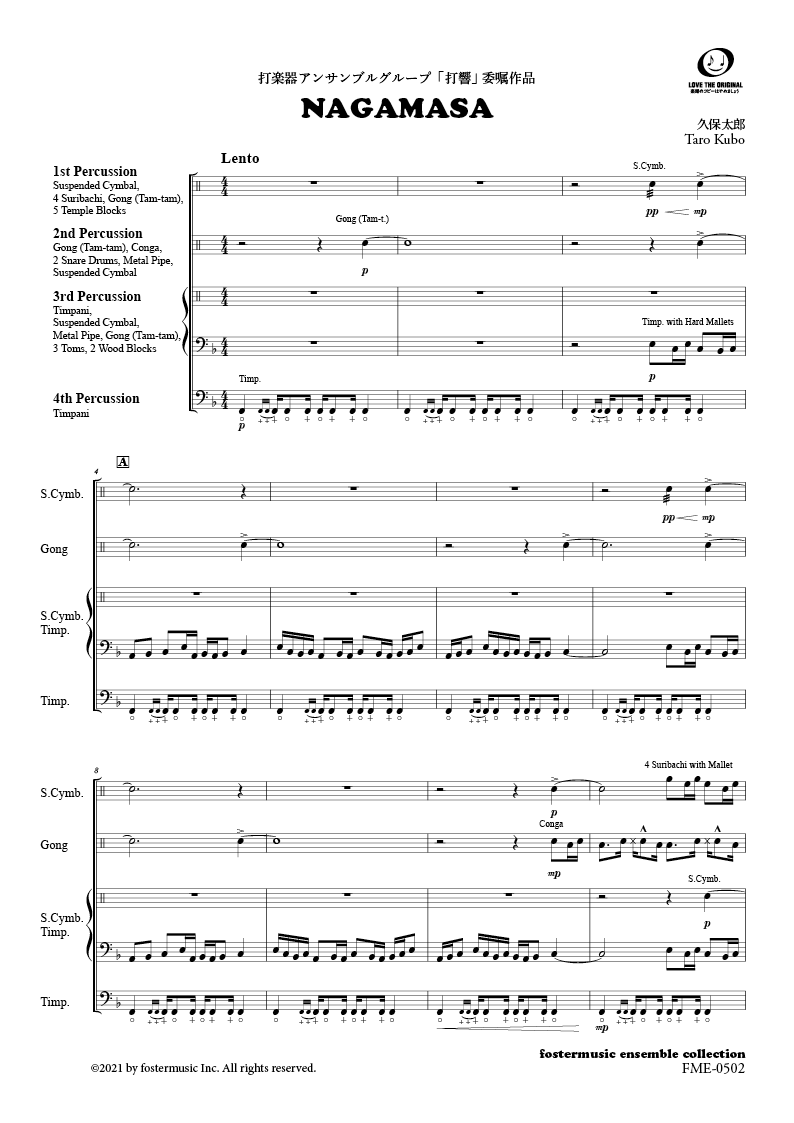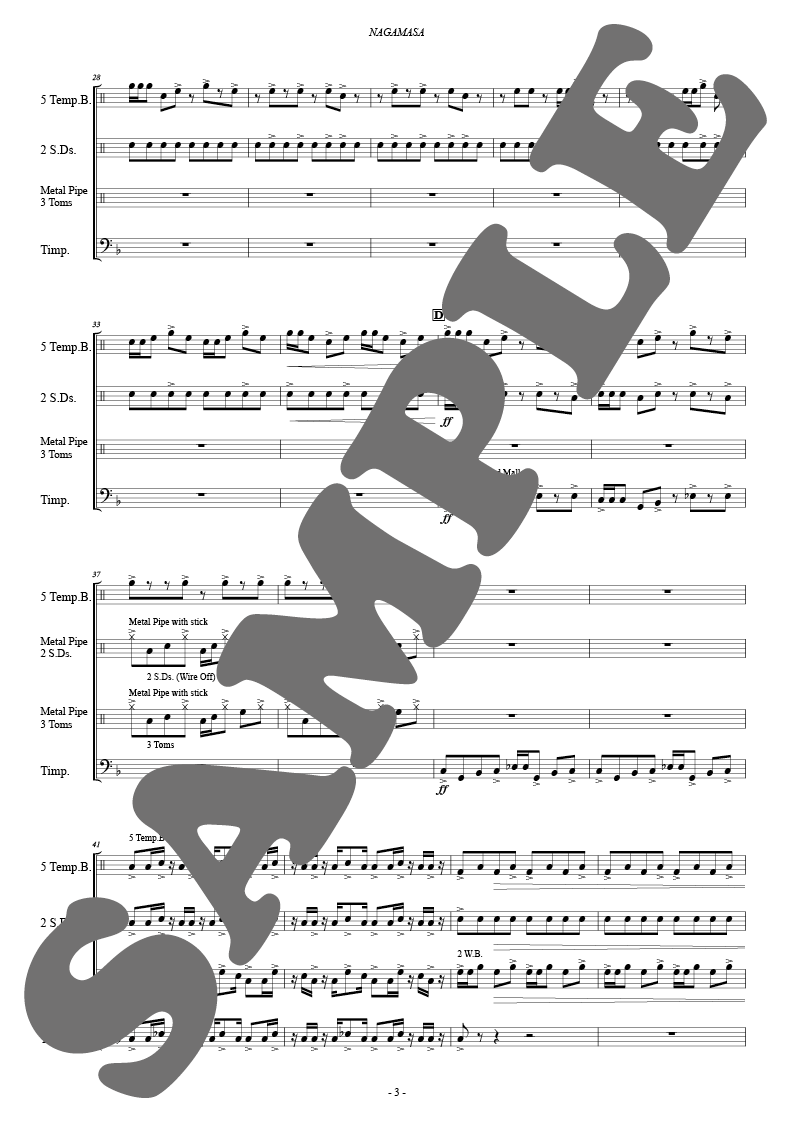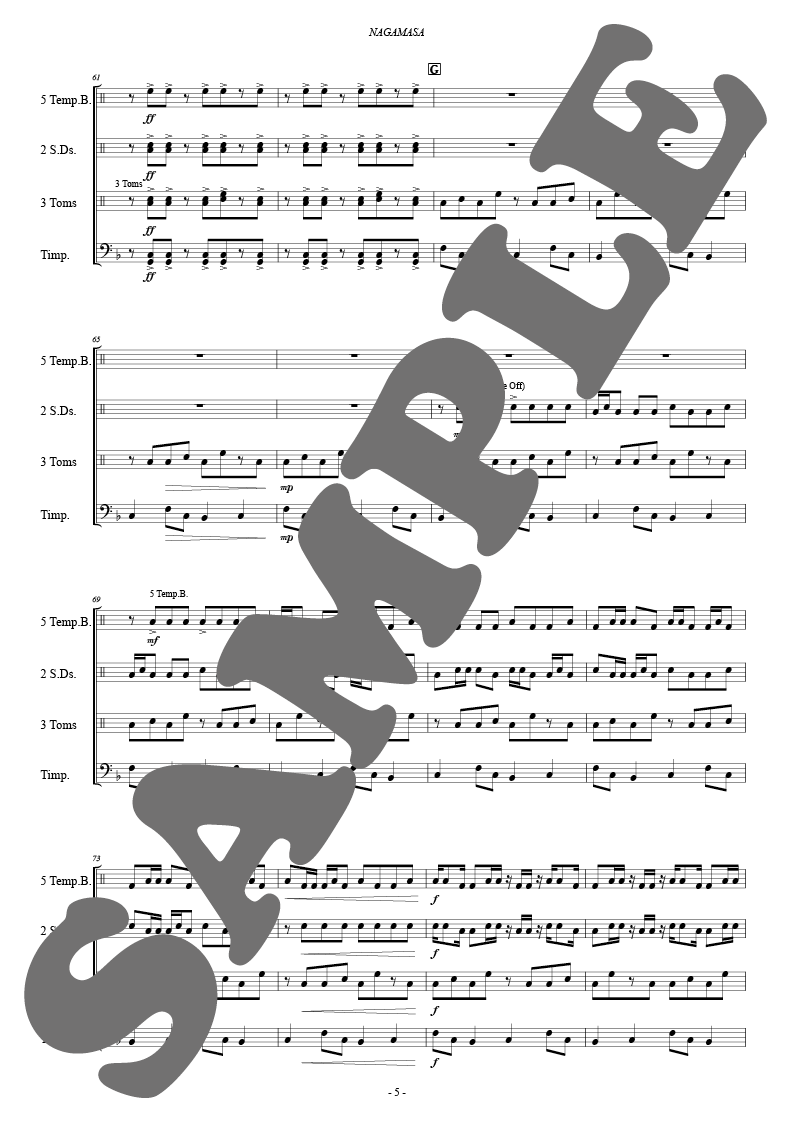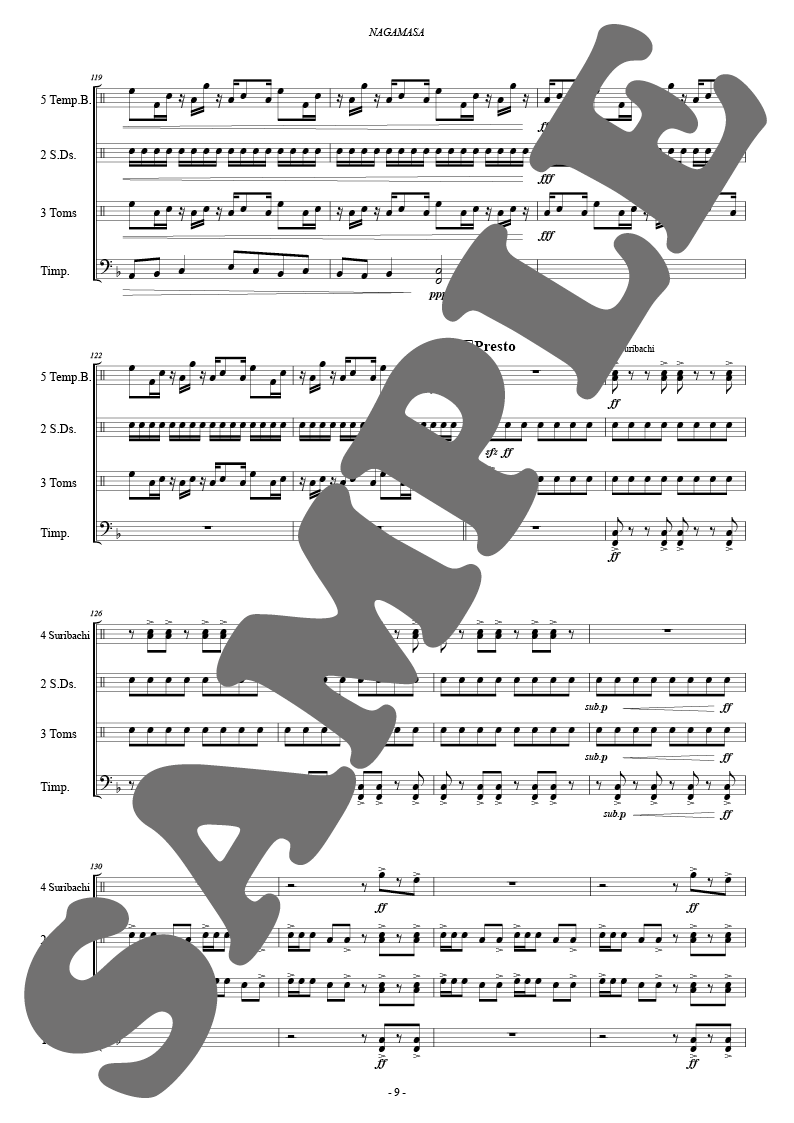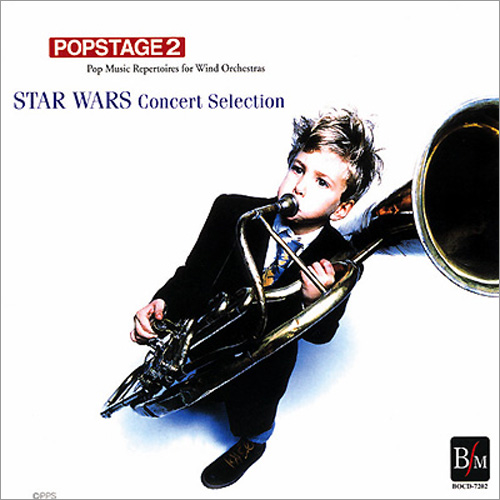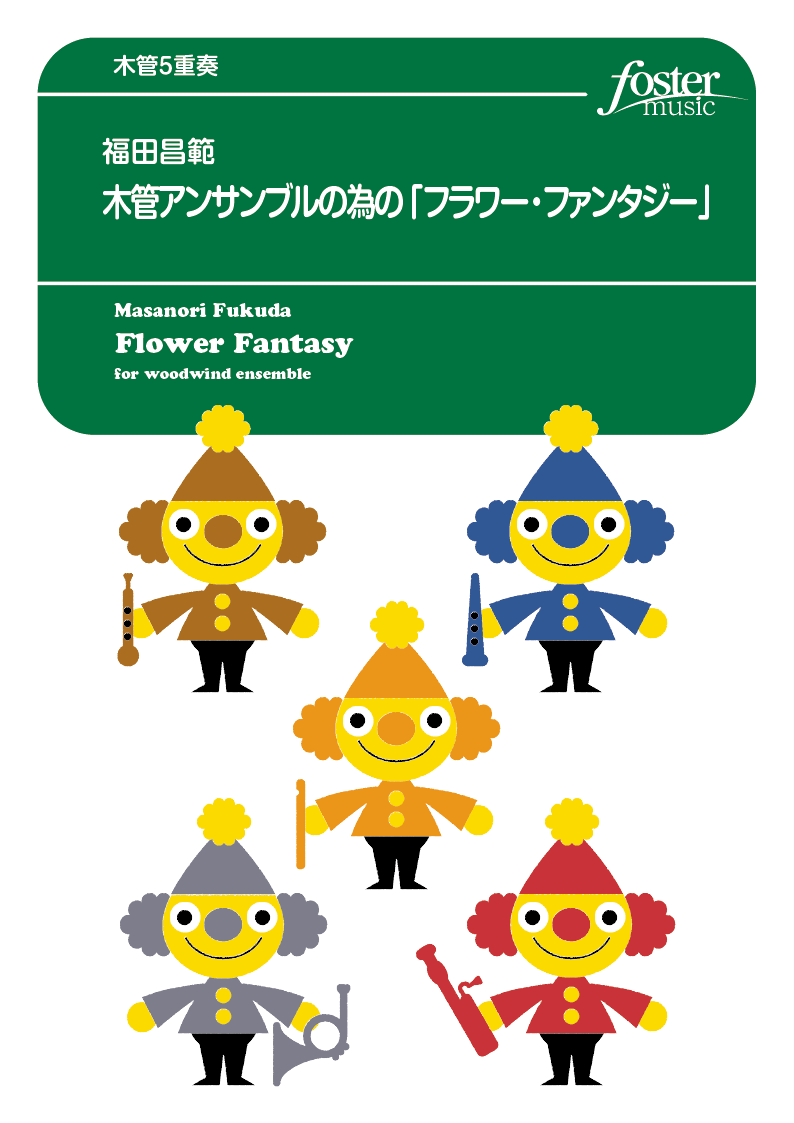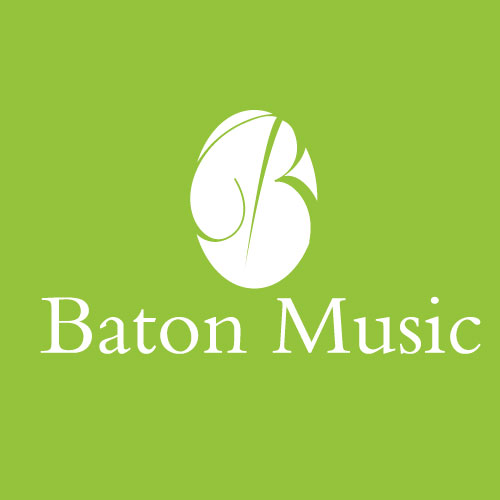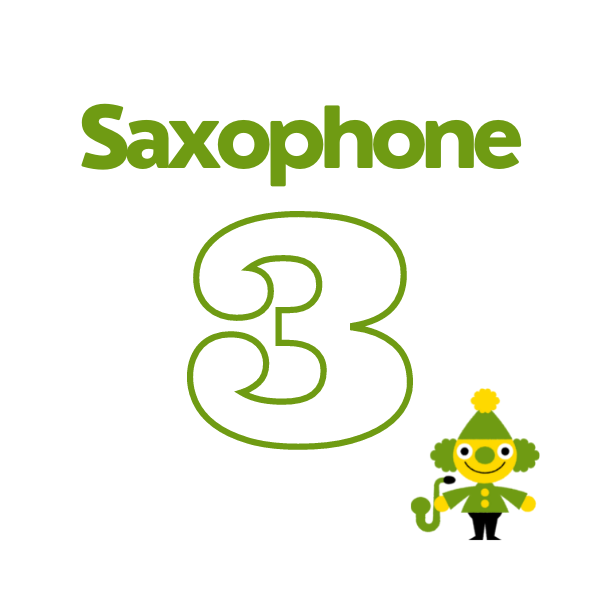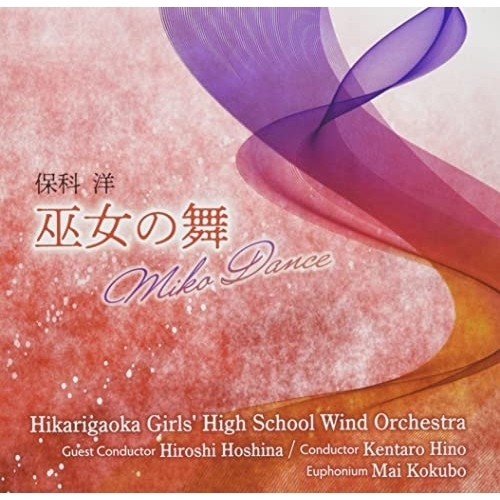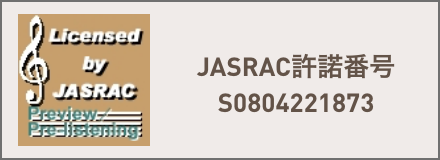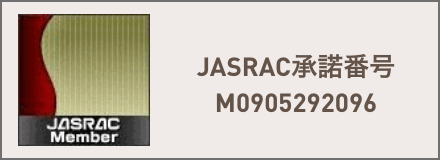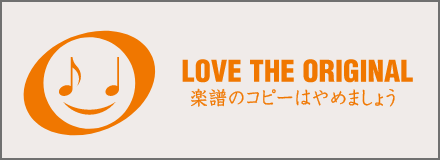NAGAMASA(ナガマサ):久保太郎 [打楽器4重奏]
・1配送につき税込11,000円以上のご注文で国内送料無料
・コンビニ後払い、クレジットカード、銀行振込利用可
・[在庫あり]は営業日正午までのご注文で即日出荷
・International Shipping
- 作曲: 久保太郎
- 演奏時間:0:06:00
フォスターミュージック/FME-0502
- 概要
- 編成/曲目
- 補足
- ENGLISH
NAGAMASA(ナガマサ)
NAGAMASAとは、1612年にシャム(現在のタイ)に渡りアユタヤ王国の高官にまでなった日本人山田長政のことである。
長政は王のために戦い、2度に渡るスペイン艦隊の侵攻を退けた。
楽曲は当時のシャムの情景や長政率いる日本人傭兵の姿を描いており、前者は南国的なリズムやサウンド、後者は和太鼓的なリズムの導入によって表現される。
この曲は現在カナダのヴィクトリア交響楽団で活躍するMasako Hockey氏率いる打楽器アンサンブルグループ「打響」の委嘱で作曲され、1998年に初演された。
●楽譜の補足説明
・2ndパートの冒頭の「Gong」は、和ドラが望ましいが、なければ通常のドラの中心部を弱く鳴らして「ゴーン」という遠鳴りの鐘のような音をイメージする。
・ティンパニは4台使用し、冒頭では2人の奏者(3rdと4th)が同時に演奏する。
・4thの冒頭のティンパニは、マレットを使用せずフレームドラムのように手で演奏する。「○」が記されている音符は通常マレットでたたく辺り、「+」が記されている音符はリム近くをたたいて高い倍音を鳴らす。
・2ndのコンガは、「×」はモフ、「^」はスラップ、何も付かない通常の音符の部分はオープンで演奏する。
・1stのスリバチのそれぞれの音程は任意。一応理想とする音程は記したが、その音程に固執するものではなく音程の上下の感覚だけ守って頂ければ幸いである。
・以下、使用楽器を記すが、委嘱主のグループの楽器環境やリクエストに合わせて一部独特な楽器構成になっているため、調達出来ないものや数が不足しているものなどは現状に則して楽譜での指定とは異なる楽器を導入するなど創意工夫することを許容乃至奨励するものとする。
使用楽器
サスペンダーシンバル、ゴング、スリバチ(よく鳴るもの)4つ、ティンパニ4台、コンガ(高低で)2つ、スネアドラム2台、音高の異なるテンプルブロック5つ、ウッドブロック、鉄パイプ2本、トム(高中低で)3台、大きめのマラカス2本、シズル付きのサスペンダーシンバル
仕様
- アーティスト
- 作曲: 久保太郎
- 演奏形態
- 打楽器
- 編成
- 4重奏
- 演奏時間
- 0:06:00
- 商品カテゴリ
- アンサンブル楽譜
- 出版社 / 品番
- フォスターミュージック / FME-0502
- JANコード
- 4560318477056
- 発売日(年)
- 2021/09/16
楽器編成
- 【1st Percussion】Suspended Cymbal, 4 Suribachi,Gong (Tam-tam), 5 Temple Blocks
- 【2nd Percussion】Gong (Tam-tam), Conga, 2 Snare Drums, Metal Pipe, Suspended Cymbal
- 【3rd Percussion】Timpani, Suspended Cymbal, Metal Pipe, 3 Toms, 2 Wood Blocks
- 【4th Percussion】Timpani
久保太郎(Taro Kubo)
私立狭山ケ丘高等学校にて吹奏楽部に入部し、音楽の魅力に取り憑かれる。
1993年、東京コンセルヴァトアール尚美入学、1998年同校卒業。
作曲と編曲を北條直彦氏に師事、また飯嶋俊成氏の指導のもとにオーケストレーションを学び、第一回「21世紀の吹奏楽''響宴''」に吹奏楽曲「チェロキー」を出品し川越奏和奏友会吹奏楽団によって初演された。
日本打楽器協会の委嘱によりジャパン・パーカッション・フェスティヴァルのフィナーレ曲「饗宴」を作曲。
打楽器アンサンブルグループ「打響」の委嘱により打楽器アンサンブル曲「NAGAMASA」を、尚美パーカッションアンサンブルの委嘱により打楽器アンサンブル曲「ナイルの夜空」を作曲。
その他、弦楽を含む室内楽アンサンブルの楽曲なども手がける。
吹奏楽バンドディレクターの手島渉氏の提唱によって若手のプロ演奏家や指導者たちを集めたミュージック・ユース・ウインドオーケストラの活動にも参加。
その後15年ほど吹奏楽を離れ、歌手山根麻衣のサポート演奏や、その他多くのアーティストのアルバムプロデュースやレコーディング、純邦楽演奏家のアルバム制作、映像作品やミュージカル音楽制作、インターネットラジオ番組での音楽制作、小学生の子供たちの為の合唱ワークショップ「ウタノホシ合唱団」の活動などに携わって来た。2013年、数々の活動を経て吹奏楽や管楽器アンサンブル曲の作曲活動を再開、現在に至る。
- サイズ
- A4/1cm未満
NAGAMASA:Composer: Taro KUBO
NAGAMASA is a reference to Nagamasa Yamada, a Japanese who had arrived in Siam in 1612 and became a highranking official of the Ayutthaya Kingdom.
Nagamasa fought for the king and led troops to successfully defend against the invading Spanish fleet on two occasions.
This piece depicts life in Siam at that time and the Japanese mercenaries led by Nagamasa, with the former portrayed by the tropical rhythm and musical elements, and the latter by a rhythm reminiscent of Japanese wadaiko drums.
This piece was commissioned by Dakyo, a percussion ensemble led by Masako Hockey, who is a current member of the Victoria Symphony in Canada, and it premiered in 1998.
●Additional remarks on the score
・The gong section at the beginning of the second part should ideally be played with Japanese gongs. If that is not possible, the center of a regular gong should be struck gently to create a sound that resembles the distant echoes of a bell.
・Four timpanis are used in this piece, with the third and fourth timpanis playing in unison at the beginning of the piece.
・The opening section of the fourth timpani should be played by hand like a frame drum without the use of mallets. The notes marked with ○ should be played near the area that is usually struck with mallets, while those marked with + should be played near the rim to create higher harmonics.
・For the second conga, × denotes a muffed sound and ^ a slap tone, while the regular notes should be played as open notes.
・The score has been annotated with the ideal pitch for the 1st suribachi, but it is more important to be guided by the relative pitch instead of adhering strictly to what is indicated.
・If a required instrument is unavailable or insufficient in numbers, you are highly encouraged to be creative in introducing other instruments that have not been specified in the score.
Specifications
- ARTIST
- Composer: Taro KUBO
- INSTRUMENTATION
- Percussion / Quartet (4parts)
- DURATION
- 0:06:00
- PRODUCT TYPE
- Set / ENSEMBLE
- PUBLISHER / Code
- fostermusic Inc. / FME-0502
- JAN
- 4560318477056
- RELEASE
- 2021/09/16
- OVERSEAS SHIPMENT
- Ask
- EUROPEAN PARTS
- Not Included
For foreign customers,
You can now purchase from overseas via WorldShopping BIZ.
Study scores, ensembles, and CDs can be ordered directly from our website.
Rental sheet music and some other items are not covered by this cart system, so please contact us by email.
7agpr9rwglwc
〈4月〉先着200名様|会員限定クーポン
対象カテゴリ
- 国内出版社 > フォスターミュージック
会員限定
¥1,000 OFF
残発行枚数:189
下限金額:¥5,500
有効期間:2025/04/01 ~ 2025/04/30

![NAGAMASA(ナガマサ):久保太郎 [打楽器4重奏]](/html/upload/save_image/FME0502_1.png)
